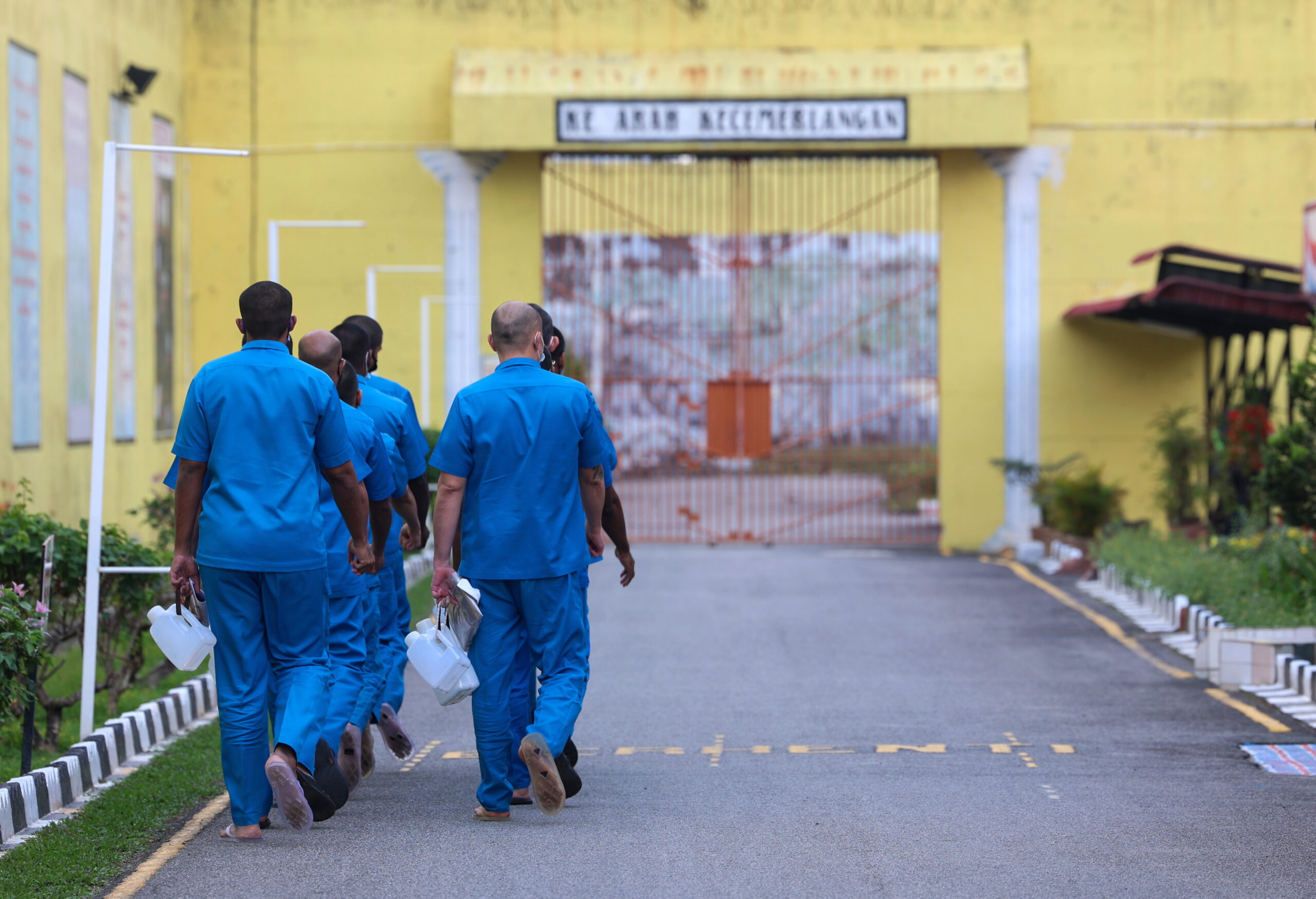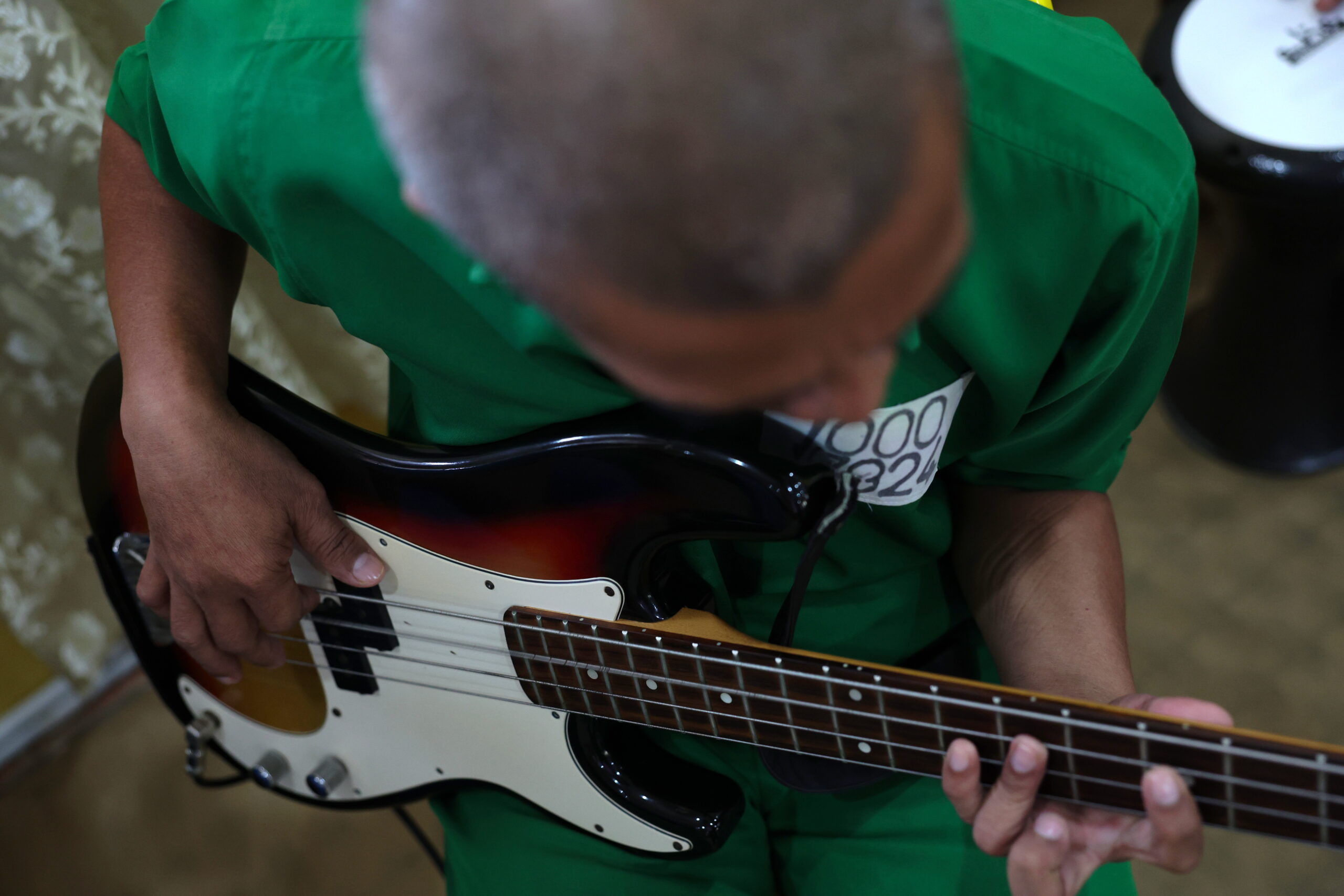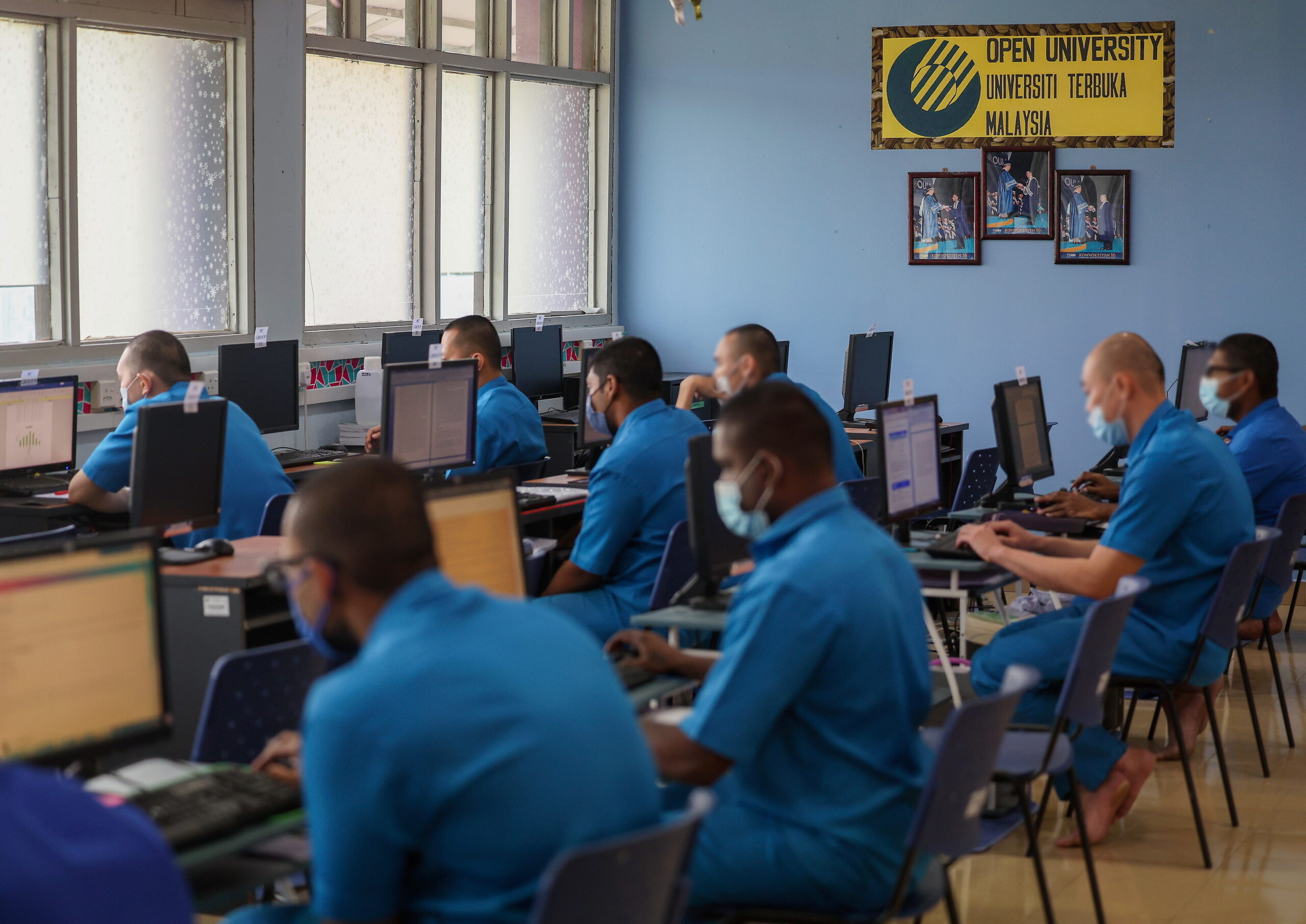KUALA LUMPUR (BERNAMA) – Who would have imagined that today’s incarcerated person could become tomorrow’s professor.
But this can only happen if such a person and the many others in similar situations are given the chance.
Zubir (not his real name), 37, was sentenced to life imprisonment for the murder of his employer when he was 14 years old at a house in Selangor.
As a minor, Zubir was not sentenced to a jail term but ordered to be detained at the “pleasure of the ruler” as he was below 18 years old at the time the offence was committed.
Adults convicted of murder could be sentenced to life imprisonment or to death.
Under the law, detention at the ruler’s pleasure means the offender will be eligible for release at the discretion of the ruler (Yang di-Pertuan Agong or Sultan or Yang Dipertua Negeri).
In Zubir’s case, the ruler here refers to the Sultan of Selangor (the state where the offence took place).

NO EASY PATH
He did not rest on his laurels while spending some 23 years behind bars at Kajang Prison. Zubir is now a PhD candidate with the Open University Malaysia (OUM) and en route to getting his doctorate soon.
Zubir’s story stands as a testament to the fact that higher education for prisoners can lead to greater opportunities on release.
In his direct and honest account, Sabah-born Zubir said, never had he imagined that he could pursue his education to the PhD level, and in fact he was offered the post of lecturer – a real feather in his cap.
The eldest of four siblings who graduated with a master’s degree five years ago said it was his dream to earn a PhD while he was in detention and that he was out to prove that prisoners are also capable of earning the doctor (PhD)’s title.
“I’m now pursuing my PhD in business administration at Open University Malaysia. Before completing my studies, I have already been offered a lecturer’s post,” he told Bernama in an interview recently.

Zubir said he sat for the Sijil Pelajaran Malaysia (SPM) examination after a window of opportunity was given by the prison authorities for inmates to pursue their education.
After passing his SPM, he then took the Sijil Tinggi Pelajaran Malaysia (STPM) examination before going further in his pursuit of academic excellence – he acquired a bachelor’s and master’s degrees in business administration while in prison.
Reminiscing his years behind bars, Zubir said he couldn’t have reached this far without the unwavering support from his family, prison officers and other inmates, but noted that his pursuit for academic success was not without its challenges.
Zubir said his academic journey was no easy path as some quarters questioned his motive and tried to dampen his spirits.
“There were some who made a mockery of my efforts. For them, the knowledge that I gain will not be put to use here. But I brushed aside these negative vibes as the knowledge acquired is not for my self-satisfaction as I wanted to share it with others while incarcerated.
“Knowledge is key to changing mindsets, biases and prejudices. It has changed my perception on certain issues.
“Looking at the bigger picture, I can help other inmates who are keen to pursue their education and am determined to contribute more to society after my release,” he said adding that his family’s financial constraints had earlier prevented him from continuing with his studies.

CHANGE PUBLIC PERCEPTION
His status as a crime offender and the strict entry requirements imposed by most universities were among the barriers faced when he was applying to graduate programmes after completing his STPM. He almost gave up.
“But the prison authorities continued to look for other universities with flexible entry requirements and were easily accessible. OUM was among the universities offering the relevant courses.
“While pursuing my bachelor’s degree programme, a non-governmental organisation (NGO) for Muslim converts offered to sponsor my studies. Later, an individual had generously sponsored my master’s programme, while for my PhD, OUM funded 90 per cent of the fees while the rest was self-financed.
“I am very grateful to OUM for giving me this opportunity. It shows that there’s light at the end of the tunnel for us after leaving prison life,” he added.
Meanwhile, Vikram (not his real name) hopes to change public attitudes toward ex-offenders and help them reintegrate into society.
The 30-year old, who has completed his master’s degree in business administration at OUM, said he plans to set up a service company to assist members of the public to start their own business.
“That’s the real reason why I opted for the master’s programme at OUM. I hope to change the public stigma towards ex-prisoners and to prove that we can also achieve academic excellence right up to the highest level.
“This is a stepping stone for me to set up my own company which provides various types of services to assist the less skilled groups and those who are new in business.
“I hope to pursue my PhD in business administration before the end of my term in prison,” said Vikram, who was sentenced to 15-year imprisonment for a kidnapping offence and was determined to repay his family’s sacrifices and for their support including covering the full costs of his studies.

OUM – DIGITAL UNIVERSITY FOR ALL
Kajang Prison Director Roslen Ramli said the prison has never stopped its inmates from studying behind bars, noting that in fact, they are encouraged to pursue higher education in order to be ready for the job market after the end of their term.
“At Kajang Prison itself, more than 10 inmates are pursuing their studies from diploma to PhD. This helps them reintegrate with society and plan their future after serving their prison term.
“This way, they will be able to secure better jobs whilst embracing change, hence preventing them from negative influences,” he said.
OUM Vice Chancellor Dr Ahmad Izanee Awang said the Prisons Department has set some criteria and requirements before prisoners are allowed to pursue their studies.
He said the university has provided education opportunities to prisoners at Kajang Prison since 2008 and is currently collaborating with OUM branch universities in Pahang and Sabah.
“Once they have met the criteria set by the Malaysian Qualifications Agency (MQA), prison inmates are required to seek approval from the Director-General of Prisons before they are allowed to register.
“They are given similar facilities as other OUM students, but they must be under tight supervision by the prison authorities,” he said. – Mohd Norzaidi Arjunaidi





